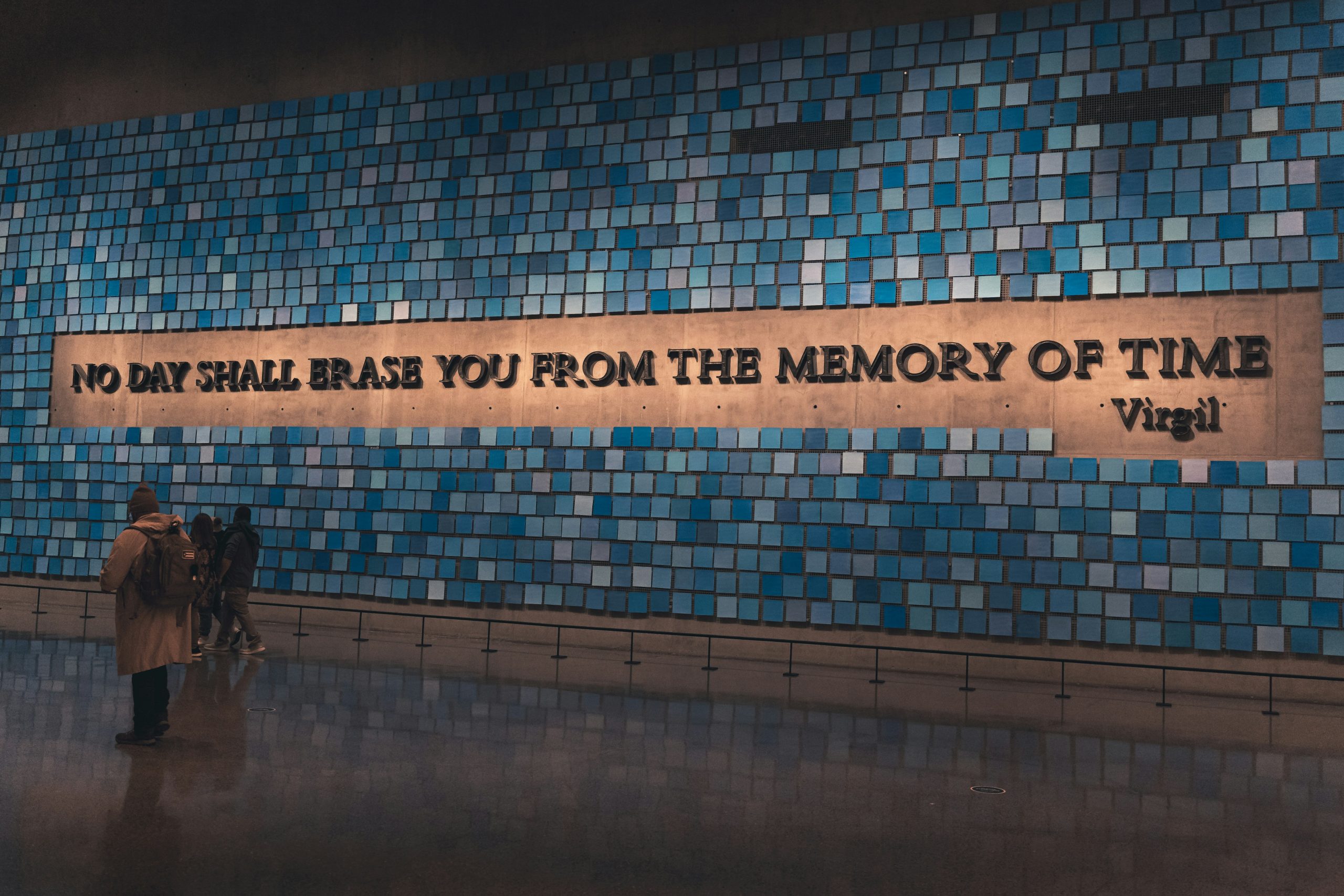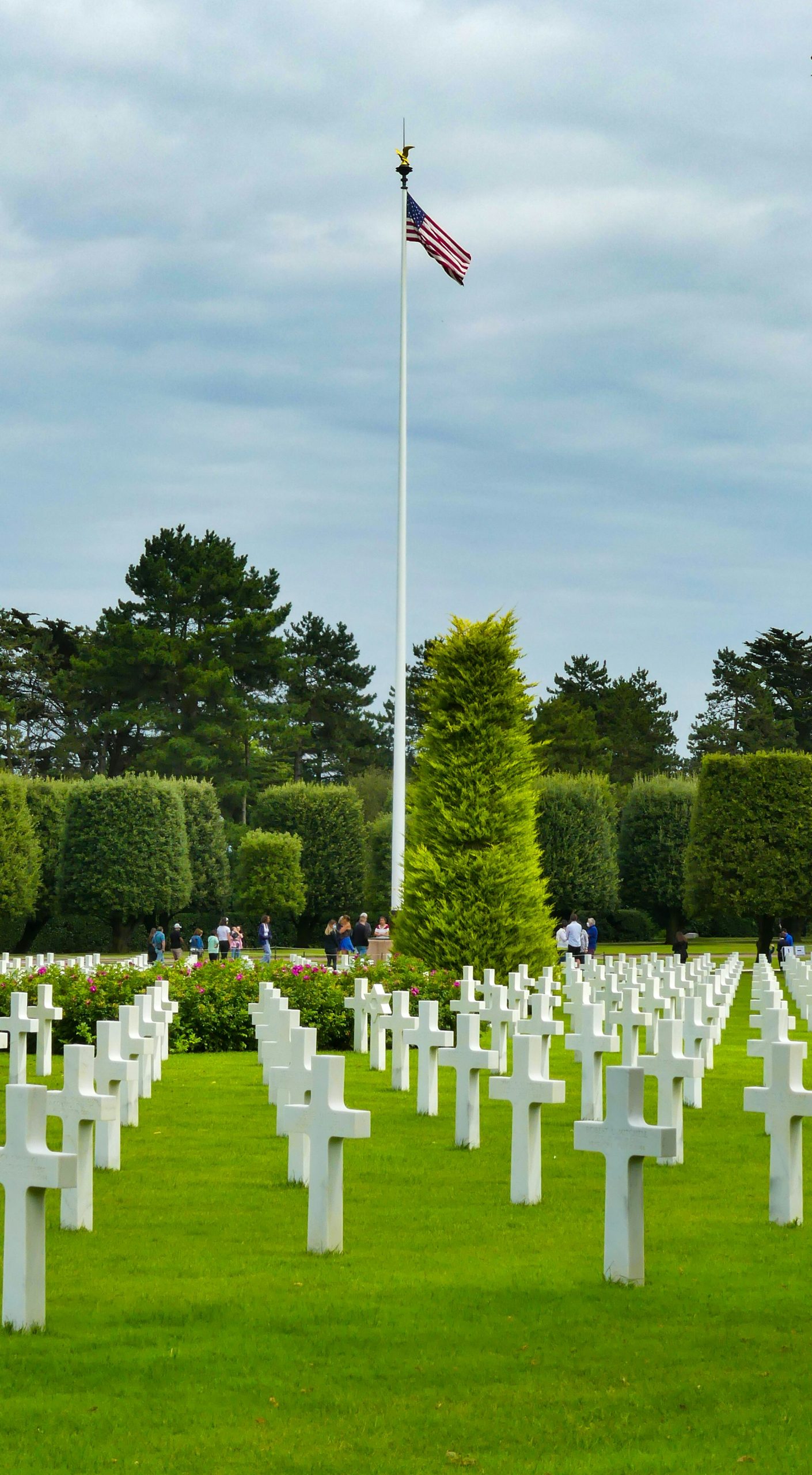The origins of Memorial Day can be traced back to the years following the American Civil War, a conflict that claimed the lives of over 600,000 soldiers from both the Union and Confederate armies. The war’s staggering toll left families, communities, and the entire nation grieving, and it became clear that a national day of remembrance was needed. In 1868, the Grand Army of the Republic (GAR), a veterans’ organization composed of Union soldiers, established “Decoration Day” as a time for citizens to decorate the graves of fallen soldiers with flowers. This observance was first held at Arlington National Cemetery on May 30, 1868, with ceremonies held across the country.
Decoration Day soon gained widespread recognition, and the practice of honoring fallen soldiers spread throughout the United States. Over time, the holiday evolved, eventually becoming Memorial Day. After World War I, the focus of the day shifted to honoring all military personnel who had died in service to the country, not just those from the Civil War. In 1971, Memorial Day was officially recognized as a national holiday, and its observance was moved to the last Monday in May to provide for a long weekend and encourage more Americans to participate in the ceremonies.

Significance and Traditions
While Memorial Day serves as a time of remembrance, it also carries a heavy emotional weight. For many, the day brings to mind not only the sacrifices made by soldiers but also the families left behind—widows, children, and parents who continue to feel the absence of their loved ones. The holiday is a poignant reminder of the cost of war, both for the individuals who serve and for the nation as a whole. It is a day to reflect on the freedoms enjoyed by Americans and the price that has been paid to secure them.
One of the most iconic symbols of Memorial Day is the American flag, which is prominently displayed on homes, businesses, and public buildings. Many Americans also observe a moment of silence at 3:00 p.m. local time on Memorial Day, a tradition established by the National Moment of Remembrance Act of 2000. This brief moment serves as a solemn opportunity for the nation to pause and reflect on the sacrifice of those who have died in service.
In addition to these national observances, Memorial Day is often marked by various local ceremonies, including parades, wreath-laying ceremonies, and visits to cemeteries. One of the most well-known events takes place at Arlington National Cemetery, where thousands of volunteers place small American flags on the graves of fallen soldiers. The cemetery itself, with its serene beauty and solemn atmosphere, serves as a fitting location for honoring the dead and reflecting on the sacrifices made by service members throughout the nation’s history.
Memorial Day and the National Anthem
The playing of the national anthem is another integral part of Memorial Day ceremonies. The anthem, “The Star-Spangled Banner,” is a powerful symbol of the nation’s unity and resilience, and its performance on Memorial Day serves as a tribute to the fallen. Whether performed by military bands, local musicians, or even by crowds of citizens at public events, the anthem resonates deeply on this day, reminding everyone of the values that the fallen soldiers fought to protect.

The recitation of “Taps,” the hauntingly beautiful bugle call often played at military funerals and memorial services, is another sacred tradition associated with Memorial Day. This solemn piece of music, with its mournful notes, is played to honor the dead and is a reminder of the fragility of life and the sacrifices made by military personnel.
Over time, Memorial Day has evolved beyond its origins as a somber day of remembrance into a broader cultural event that marks the beginning of summer. Barbecues, beach outings, and family gatherings are now commonplace on Memorial Day weekend, as many Americans take advantage of the long weekend to enjoy time with loved ones. While these activities offer a break from the pressures of daily life, it is important to remember that Memorial Day is first and foremost a day of reflection and reverence.
This blending of leisure and remembrance can sometimes create a tension between the holiday’s solemn origins and its modern-day celebration of summer. For some, the commercialization of Memorial Day, with sales and discounts, feels out of place given the day’s deeper significance. However, many families and communities continue to emphasize the importance of honoring fallen soldiers, using the holiday as a chance to teach younger generations about the cost of freedom and the value of sacrifice.

In recent years, there has been a growing effort to reinvigorate Memorial Day with its original intent. Many communities have focused on increasing public awareness about the history of the holiday, encouraging more people to participate in ceremonies and educational events. Social media has also played a role in bringing attention to the importance of Memorial Day, with hashtags like #MemorialDay and #NeverForget serving as platforms for people to share stories, photos, and reflections about fallen soldier
Memorial Day’s Place in American Society
In a nation marked by its diversity, Memorial Day offers a unifying occasion for all Americans, regardless of background or political affiliation, to come together and honor those who have died in service. It serves as a reminder that the freedoms enjoyed by all are the result of the selfless acts of service members who gave their lives in defense of the country’s values.
As the years pass, it is important to continue honoring the legacy of those who have sacrificed for the nation. Memorial Day should not simply be a day for reflection; it should be a call to action—a reminder that the freedoms and values that define the United States must be protected and cherished. Whether through participating in a local ceremony, visiting a veteran’s grave, or simply taking a moment of silence, Memorial Day serves as an opportunity to express gratitude, not only for those who have died but for the continued efforts of all who serve in the military
